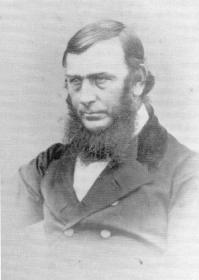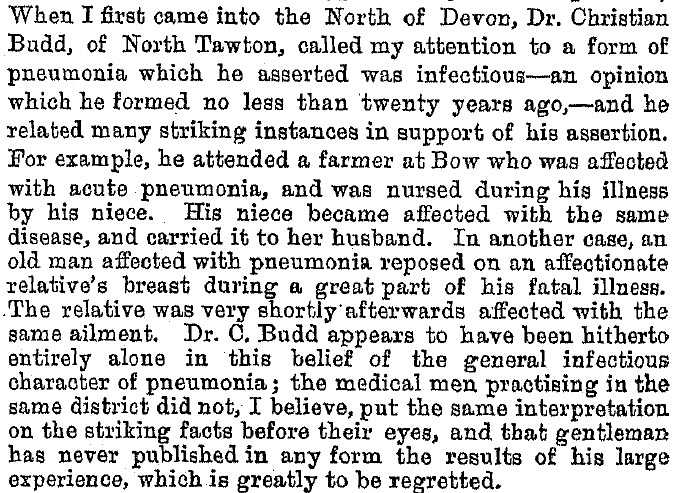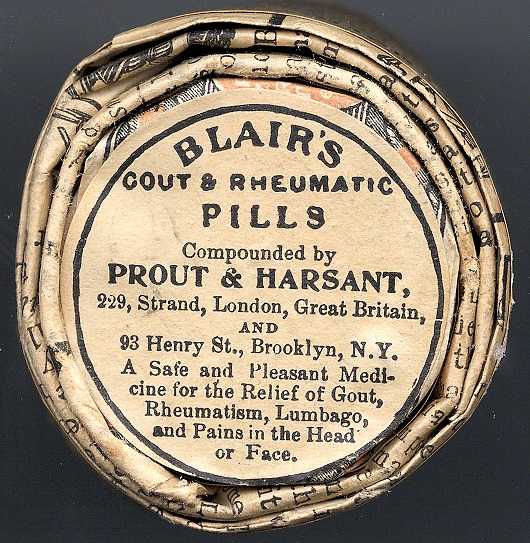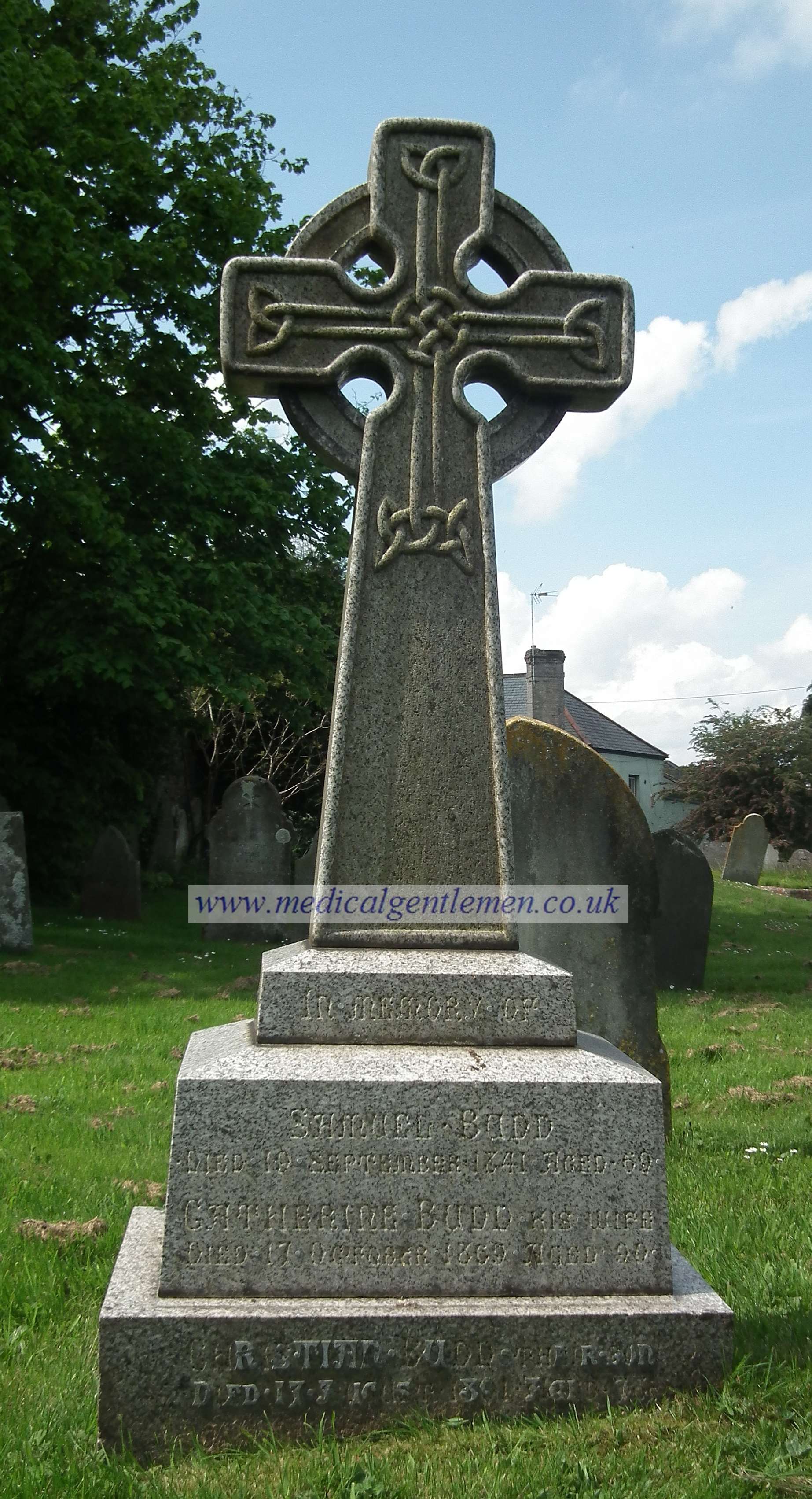Dr. Christian Budd, physician of Northtawton, stated that on Tuesday, about seven o'clock in the evening, he was summoned to see the children. He went to Mrs. Flood's house and saw Emma, Catherine, and Elizabeth Flood, as well as a child called Emma Taylor. The children vomited in his presence; Emma Flood was very ill; she was in a state of collapse, had a very feeble pulse, and her countenance was livid. The child, Taylor, also vomited whilst he was there. Another of Mr. Flood's children also vomited a good deal. Witness also saw children, called Isherwood, but they were not vomiting, nor did they present any symptoms requiring his interference. From the similarity and urgency of their symptoms he came to the conclusion that they had taken something deleterious. Witness had been informed that they had been eating "sweets." He prescribed mustard and milk. Witness saw Emma Floud three times that night, for her symptoms were alarming. He saw the children again the next day, and then the symptoms had passed off.
It transpired that the "birds' nests" contained "smalts and chrome" as colouring agents. They had been made by an Exeter confectioner named William Sherry, who was taken to court, but no prosecution was made after he agreed never to use those toxic materials again.
In 1866 he assisted William Warren of Bow with the outbreak of Cholera in Zeal Monachorum which caused the deaths of 15 villagers.
Christian Budd worked closely with
Dr Alexander Wynter Blyth who was appointed Medical Officer of Health for the area in 1873. Blyth respected Budd's views on the transmission of Diphtheria, and an unusual form of infectious pneumonia: see extract of Dr Blyth's 1875 article in the Lancet, below.
He was injured in a shooting accident near Holsworthy in December 1877. One of a group of friends fired at a woodcock and a lead shot penetrated his right eye. He subsequently had a glass eye.
In 1881 he described a patient who had died apparently from the toxic effects of an excessive dose of cochicine, an extract of crocus still used to treat attacks of gout.
His case history was published in the Lancet (vol. i., 1881, p. 368) and was referred to in Dr Wynter Blyth's textbook on poisons: "A gentleman, aged 50, had taken twenty-eight of Blair’s gout-pills in four and a half days for the relief of a rheumatic affection. He suffered from nausea, griping pains in the belly, considerable diarrhœa, vomiting, and hiccough; towards the end there was stupor, convulsive twitchings of the muscles, paralysis, and death. The fatal illness lasted fourteen days; he was seen by three medical men at different dates—the first seems to have considered the case one of diarrhœa, the second one of suppressed gout; but Dr. C. Budd was struck with the similarity of the symptoms to those from an acrid poison, and discovered the fact that the pills had been taken. These pills I examined; they were excessively hard, and practically consisted of nothing else than the finely-ground colchicum corms; six pills yielded 8 mgrms. of colchicine, so that the whole twenty-eight would contain 39 mgrms. (3⁄5 grain). Dr. Budd considered that the whole of the pills, which were of a stony hardness, remained in the bowels for some time undigested, so that the ultimate result was the same as if the whole had been taken in one dose."




